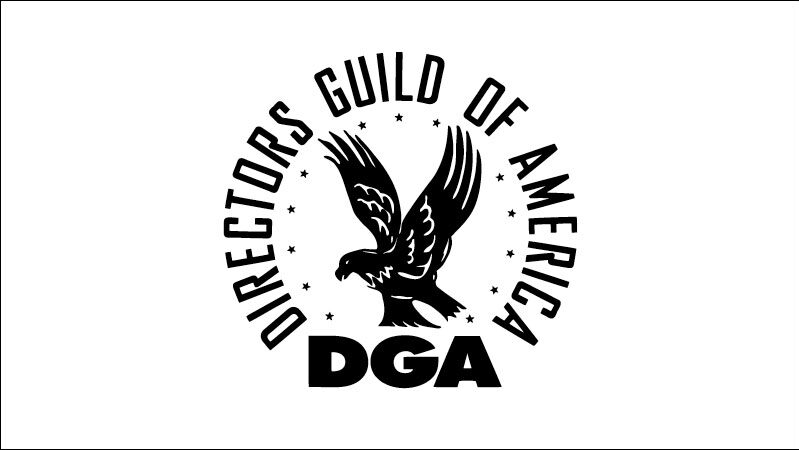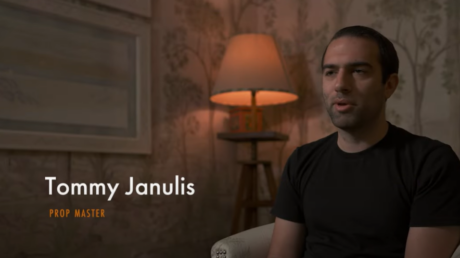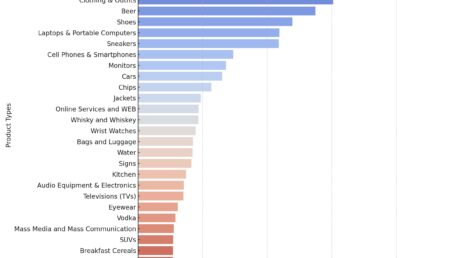The Directors Guild and the studios have reached a tentative agreement on a new three-year contract. The deal includes wage increases and “a 76% increase in foreign residuals for the largest platforms,” says the DGA.
The pact, which also addresses AI, comes on the 33rd day of the Writers Guild strike, and just four days before SAG-AFTRA sits down at the bargaining table with the Alliance of Motion Picture and Television Producers – and two days before Monday’s 5 p.m. deadline for SAG-AFTRA members to vote for or against strike authorization. Like the directors, the actors’ guild current contract with the studios expires on June 30.
In a late night statement, the DGA said the new deal with the AMPTP “achieves major breakthroughs in addressing the international growth of the entertainment industry and makes significant gains across key economic and creative rights while reaffirming the critical role of DGA directors and their teams.”
The tentative agreement will be submitted to the Guild’s National Board for approval at a special board meeting scheduled for June 6.. At that point, further details of the deal with the AMPTP will be made public.
“We have concluded a truly historic deal,” said Jon Avnet, chair of the DGA’s Negotiations Committee tonight. “It provides significant improvements for every Director, Assistant Director, Unit Production Manager, Associate Director and Stage Manager in our Guild. In these negotiations we made advances on wages, streaming residuals, safety, creative rights and diversity, as well as securing essential protections for our members on new key issues like artificial intelligence – ensuring DGA members will not be replaced by technological advances. This deal would not have been possible without the unity of the DGA membership, and we are grateful for the strong support of union members across the industry.”
According to the DGA, the new agreement includes the following:
- Wages and Benefits: Groundbreaking gains in wages and benefits including a 5% increase in the first year of the contract, 4% in the second year and 3.5% in the third year. Additional 0.5% to fund a new parental leave benefit.
- Global Streaming Residuals: Substantial increase in the residuals for dramatic programs made for SVOD by securing a new residual structure to pay foreign residuals. The result is a 76% increase in foreign residuals for the largest platforms so that residuals for a one-hour episode will now be roughly $90,000 for the first three exhibition years.
- Artificial Intelligence: Groundbreaking agreement confirming that AI is not a person and that generative AI cannot replace the duties performed by members.
- Non-Dramatic Programs: Established the industry’s first-ever terms and conditions for directors and their teams on non-dramatic (Variety and Reality) programs made for SVOD. Improved residuals and for the first time, Associate Directors and Stage Managers will now share in the residuals.
- High Budget AVOD Terms and Conditions. Achieved the industry’s first-ever terms, creative rights protections, working conditions and residuals for scripted dramatic projects made for free to the consumer streaming services such as Freevee, Tubi and Roku. Unit Production Managers and Assistant Directors will share in the residuals.
- Feature Directors: Historic first-time compensation for the months of “soft prep” Feature Directors currently perform for free prior to the start of the director’s official prep period.
- Episodic Directors: For Pay TV and SVOD, Episodic Directors won expanded paid post-production creative rights; and gained an additional guaranteed shoot day for one-hour programs – the first additional day added in more than 40 years.
- Reduction in Hours: Unprecedented reduction in the length of the Assistant Director’s day by one hour.
- Safety: Achieved concrete safety advancements including the first-ever pilot program to require the employment of dedicated safety supervisors; expanded safety training programs for both directors and their teams, and the ban of live ammunition on set.
The agreement also achieved increased studio transparency in residuals reporting, improvements in diversity and inclusion, the addition of Juneteenth as a paid holiday and many other gains for all categories, the DGA says.
In many ways, tonight’s deal is a surprise more for its midnight hour timing than its actuality.
With the scheduled SAG-AFTRA talks getting closer and closer, whispers that the DGA and AMPTP were nearing an agreement increased around town this week, with chatter on Friday that a deal could be reached over the weekend. Also playing into the speculation was the DGA’s absence from the WGA West’s large “Unions Strike Back” rally on May 26 in DTLA.
It all comes after a recent series of twists and turns in Hollywood labor action with the DGA giving its traditional first in talks position to the WGA earlier this year, the WGA voting nearly 98% for a strike authorization, and the first strike in 15-years being called late on May 1 mere hours before the scribes’ contact with the studios expired.
There have been concerns since out of the picket lines and elsewhere that the studios were declining to resume talks with the WGA in the hopes of pulling off a repeat of what happened in 2008. Back then, after the WGA had been on strike for weeks, the DGA made a deal with the AMPTP that many writers then and now feel effectively ended their actions after 100 days.
This year, that history felt very present when, a day after declaring that the studios’ era of “divide and conquer is over” for Tinseltown guilds, WGA negotiating committee co-chair Chris Keyser laid down a marker of sorts on June 2. The Writers Guild put out a video in which Keyser expressly remarked: “If [AMPTP President] Carol Lombardini thinks negotiating with the DGA while we’re out on strike is some kind of trump card, she’s going to find out that her 2007-08 playbook doesn’t belong in the negotiating room; it belongs in a museum. Any deal that puts this town back to work runs straight through the WGA and there is no way around us.”
Tonight’s DGA tentative agreement could put that assertion to the test.
“This deal recognizes the future of our industry is global and respects the unique and essential role of directors and their teams as we move into that future,” said DGA president Lesli Linka Glatter on Saturday in a statement. “As each new technology brings about major change, this deal ensures that each of the DGA’s 19,000 members can share in the success we all create together. The unprecedented gains in this deal are a credit to the excellent work, tenacity and preparation of our Negotiations Committee. I am so proud of the phenomenal leadership and dedication of Negotiations Chair Jon Avnet, Co-Chairs Karen Gaviola and Todd Holland and our Chief Negotiator, National Executive Director Russ Hollander, and our more than 80-member Negotiations Committee. I’m also incredibly grateful to the DGA staff, who worked tirelessly for the past year and a half to achieve this excellent deal.”
“Every member of our union can be proud of the gains we’ve achieved across the board,” added Hollander. “Significantly, and for the first time ever, global SVOD residuals will be paid based on the number of international subscribers. The result is an 76% increase in foreign residuals for the biggest services. As our industry becomes increasingly global, these gains are imperative to ensuring our members are valued and compensated for their incredible work.”
Formal negotiations between the DGA’s 80-member Negotiations Committee and the AMPTP began May 10.
Dominic Patten contributed to this report
This article was originally published by Deadline and was written by David Robb.




